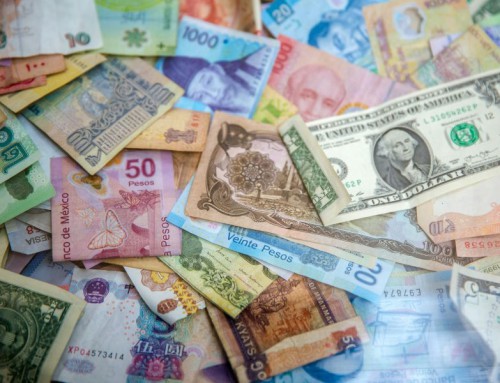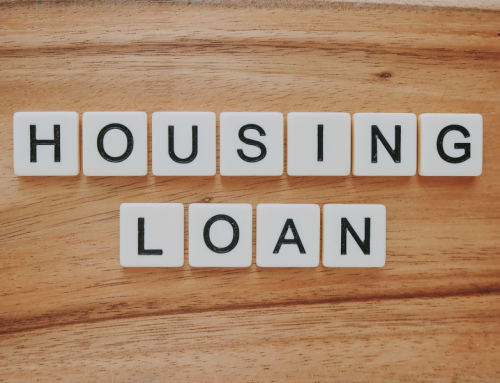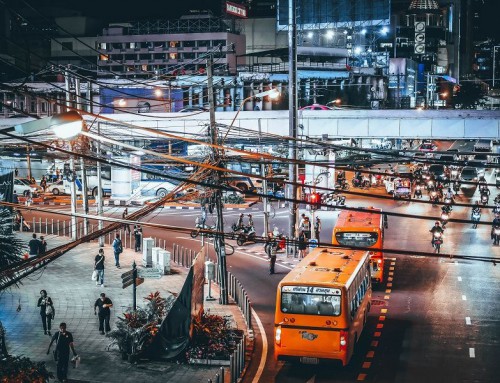If you are a foreigner, not a Thai local resident, and were to purchase a Thai property, the options to obtain a mortgage are limited. Your only option is to obtain a mortgage with a foreign bank. Moreover, the number of foreign banks granting mortgages to foreigners to purchase Thai properties is limited. I have dealt with Thai properties for over a decade and the only banks or financial institutions that I have seen extending mortgages to foreigners are United Overseas Bank (Singapore) and Bank of China. The interest rates are very high. Typically 8% per annum or more. Also, the loan quantum generally is for 10 years and the loan to value is normally 50%. On top of that, the loan is not extended to all properties. A mortgage is usually extended easily if the property is purchased from a reputable developer. However, if the property is a resale property or if the property is a new build from a less reputable developer, then the foreign banks may be less willing to extend the mortgage for that purchase. This is also true for local Thai banks. Therefore, it is usually more advantageous for buyers of Thai properties to purchase from a listed developer. This is because if they were to sell the property in the future, both local Thai and foreign banks would be more willing to extend the mortgage to the purchaser. In any case, a foreigner who purchases a Thai property can sell that Thai property to both local Thai or another foreigner. by doing so, the foreign quota would have either fallen or remained the same. There is no way a foreigner can sell his unit to another foreigner and increase the foreigner quota in the development.
So why then do local Thai banks not extend mortgages to foreigners?
Just as a point of reference, the loan to value for Thai nationals purchasing their first property with values less than THB 10 million is 90%. The local Thai home loan market is competitive and local demand for properties is constantly healthy.
For foreigners purchasing Thai properties, they will need to purchase the Thai property with foreign currency. For example, if a Malaysian purchases a Thai property of THB 5 million, he or she will need to make payment on that THB 5 million using a currency other than THB. Conveniently, that Malaysian purchaser would pay in Malaysian Ringgit. However, he can chose to pay in any currency except THB. If he has USD he can make the payments in USD as well.
This then lies an issue. The Thai banks, if they want to extend a mortgage to a foreigner to purchase a Thai property, will have to lend in any other currency other than THB. The most likely would be for the Thai banks to extend a mortgage in USD. However, this is not as straightforward and as cost effective as it sounds. Also, the Thai banks will have to generate a certain volume of foreigner mortgages to substantiate the cost of maintaining a business unit to handle these loans. The local Thai demand for mortgages is constantly healthy. Yes, the local Thai demand for Thai properties is healthy. Foreign purchases typically make up about 30% of the sales in most condominiums. The locals make up the bulk of the purchasers.
Therefore, there is no incentive for Thai banks to extend mortgages to foreigners. Therefore, most foreigners who purchase Thai properties would pay for the property in full. Usually the purchase is a one-bedroom unit and such a unit would be in the region of USD$200,000 thereabouts. Foreigners would usually remortgage their properties in their home country and use the monies obtained from that mortgage to pay for the Thai property.
For example, if a Singaporean has a property in Singapore with a value of USD$2 million with an outstanding loan of USD$1 million, he can remortgage the property. This means that he would go to his bank and tell the bank that he would like to “extract” the value of his property. If he wants to obtain USD$200,000 from his property, then he would tell the bank that he wants to remortgage his property such that the outstanding loan is USD$1.2 million. Up from USD$1 million. With that USD$200,000, he then pays for the Thai property in full. He will continue servicing the USD$1.2 million loan thereafter.
Another example is if a Malaysian has a house in Malaysia that is fully paid. He then goes to a Malaysian bank and tells the bank that he would like to remortgage the property. He extracts the USD$200,000 from the Malaysian property. He then pays for the Thai property in full. He services the mortgage on his Malaysian property.
In conclusion, if you are a foreigner looking to purchase a Thai property, you effectively only have one bank that will grant you a loan. UOB Singapore. If you are from Malaysia, Taiwan, Hong Kong, Japan or any other country, the bank that will grant you a mortgage to purchase a Thai property is UOB Singapore. UOB Singapore is distinctly different from UOB Thailand. When I use the word effectively, it is because the only bank that follows up with foreigners to grant them the mortgage. We have tried with other banks like Bank of China but the approval process is tedious and the success rate is low.
Please note that this is accurate as of the time of this article.
Yours sincerely,
Daryl





